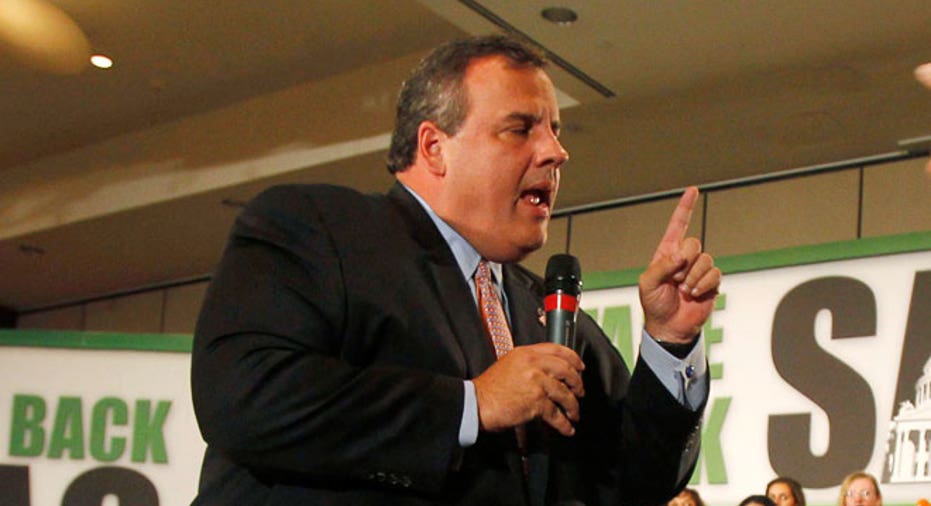N.J. Businesses Weigh In on Minimum Wage Hike

On Tuesday, New Jersey voters hitting the polls will check yes or no to raising the state’s minimum wage by one dollar to $8.25.
The proposed amendment to the state’s constitution would also tie the minimum wage to the Consumer Price Index for future increases on an annual basis. In January, Governor Chris Christie vetoed a similar bill, instead suggesting a one-dollar increase achieved incrementally over a three-year period.
While the most recent polls from both Monmouth University and Rutgers University show strong support for the minimum wage hike (65% and 76% are in favor, respectively), business organizations in the state say the amendment would be a blow to the local economy.
“There’s no question that a 14% initial jump will hurt small businesses on the bubble,” says the NFIB spokesman Jack Mozloom. “Also, there’s no doubt that the most dangerous component is the automatic escalator, which can’t be stopped by statute, even if the legislature agrees that the economy can’t absorb increases in labor costs.”
A recent survey of New Jersey NFIB members found 93% were opposed to the minimum wage bill. The NFIB predicts the wage-hike would mean a loss of 31,000 jobs over the next 10 years and approximately $5 billion in economic productivity.
At the New Jersey Business & Industry Association, which has lobbied against a wage increase, director Philip Kirschner says the amendment is being politically driven by a Democratic legislature that wants to get back at the governor for blocking it on various issues.
“It has very little to do with minimum wage workers,” says Kirschner.
Business Owners Split on the Bill
In a press release, Rutgers-Eagleton polling director David Redlawsk suggested that New Jersey voters support the bill based on personal sentiments.
“While those working in minimum-wage jobs could certainly be expected to support this amendment, people at all economic levels seem to have sympathy for how hard it is to make ends meet in a low-wage job,” said Redlawsk.
In Montclair, New Jersey, Gina’s Bakery manager Walter James agrees with this sentiment. The bakery employs seven people, all of whom earn at least $10.
“The minimum wage does not afford a person enough income to survive on and pay the rent and buy food,” says James. “I think it’s a shame that this country makes people working poor.”
James says he does not believe raising the minimum wage to $8.25 will hurt business in the state, and agrees that the amendment should index the minimum wage to the CPI.
“Wages should reflect that inflation, so [employees] have the same buying power and it’s not diminished every year,” says James.
Michael Colasurdo of Brick, New Jersey’s Mulberry Street Italian deli, however, sees a much more dire effect due to the minimum wage increase. At his family business, which employs 25 people, only entry-level, teenage workers make the minimum wage, while adults earn between $9 and $13 an hour.
“You’re giving children – teenagers – that have never had a job, and you’re giving them a pay raise,” says Colasurdo, who says the government doesn’t belong in his pocket.
“I should have the expertise to give my employees a pay raise when they deserve it and when they produce more,” says Colasurdo.
By increasing the minimum wage, Colasurdo says the government is taking money away from adult employees that need the money to support families and pay mortgages.
“It’s closing the gap. By raising the bottom, that was the money that could have gone to someone else,” says Colasurdo. He says entrepreneurs should be able to set wages as they see fit – and employees who think they deserve more are welcome to look for jobs elsewhere.
“It’s the American way. If there’s a better job out there, God bless you – you do what you can do,” he says.



















